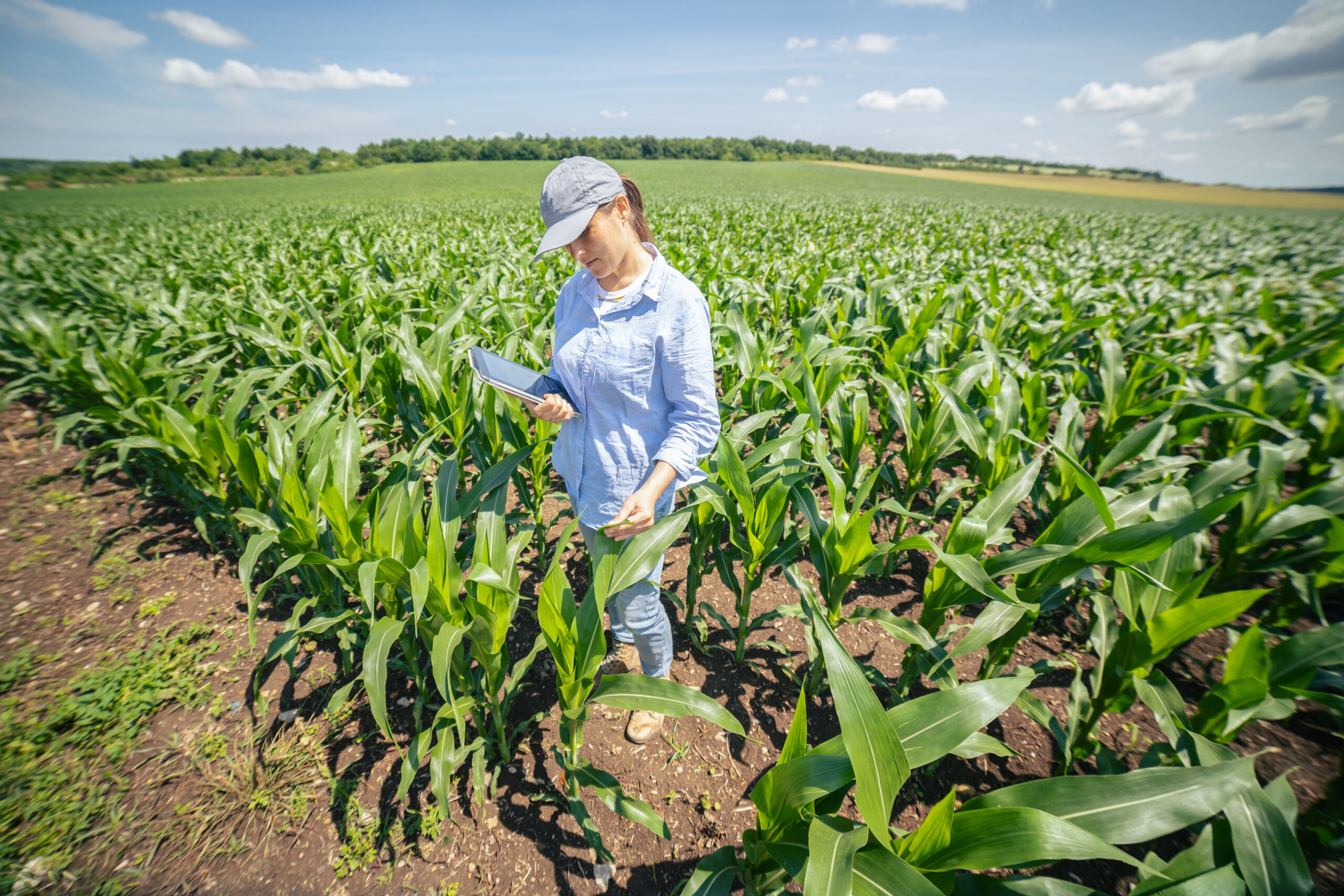For years, Growth Energy has warned that special interests are seeking to use political attacks to derail sound science. And once again, these same parties are trying to pressure policymakers to set the best science aside when it comes to Sustainable Aviation Fuel (SAF). If their efforts succeed, it will effectively end any serious hope of decarbonizing air travel and directly contradict President Biden’s promise that “farmers are going to provide 95 percent of all the sustainable airline fuel.”
The latest round of misinformation about SAF has taken the form of a letter from several national groups regarding the climate models that will determine eligibility for new SAF tax credits. They urge the administration to inject false and outdated assumptions into the Department of Energy’s GREET model from Argonne National Laboratory – a model that is already recognized as the gold standard for measuring carbon intensity in the transportation sector and beyond.
These pressure groups are attacking the rigorous GREET model simply because they don’t like what the data show: that U.S. ethanol is a sustainable fuel, and that the most updated science continues to show that bioethanol on a lifecycle basis delivers a nearly 50{c431b1036349617aea55b35aa92592c3cb3fecc7f94273a754a3b674e9a603ce} reduction compared to gasoline, while using around the same number of corn acres that farmers have used over the last century. These same groups also object to any model that rewards farmers for implementing climate-smart agriculture – despite robust science showing that these practices will play a vital role in achieving a net-zero future.
In fact, the most recent Department of Energy study, published by Argonne in 2021, showed that corn ethanol yields emissions that are 44–52 percent lower than gasoline. Argonne’s research also shows that, with climate-smart farming practices, ethanol-to-jet SAF can be 153{c431b1036349617aea55b35aa92592c3cb3fecc7f94273a754a3b674e9a603ce} less carbon intensive than petroleum-based jet fuel.
Other competing models, like the ICAO CORSIA model referenced in the groups’ letter, rely on outdated data about agriculture and greatly overstate the environmental impact of farm-based feedstocks for fuels like SAF.
The best available science does not suit these groups’ pre-determined conclusions — so they are trying to set science aside in order to disqualify all farm-based feedstocks for SAF.
If they get their way, it will not only stop the Inflation Reduction Act’s tax credits from working to promote clean energy, but also undermine the political support that will be needed to extend these credits for a longer-term climate impact. The Biden administration has laid out an SAF Grand Challenge that can only succeed if America’s farmers and biofuel producers can succeed. That requires policies based on the most accurate models of ethanol’s climate benefits and incentives that reward investments in proven techniques like cover cropping and no-till farming.
Growth Energy members are leading the charge, making investments to further reduce the carbon intensity of American-made ethanol. We urge policymakers to support that mission by following the science and protecting the scientific integrity of the GREET model from political meddling.

